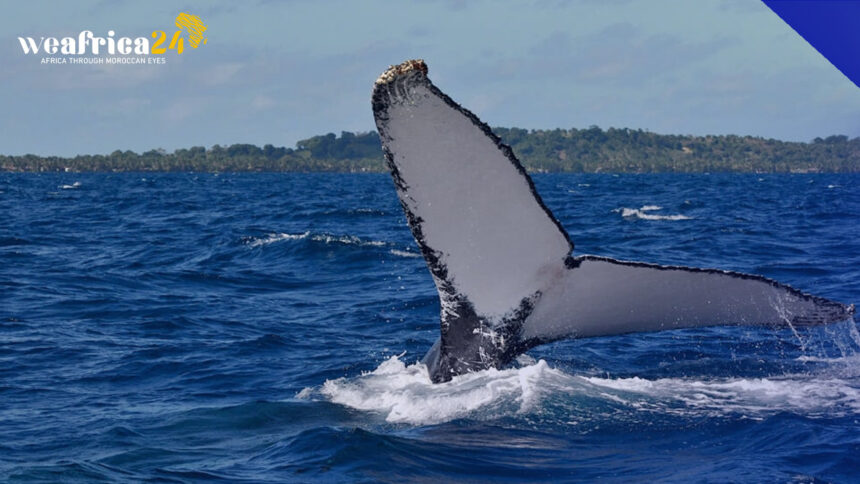Madagascar has tightened regulations governing the observation of its marine wildlife. The Malagasy waters are home to captivating whale sharks and several endemic marine species. To protect these creatures, the government unveiled a series of new measures for tourists and tour operators on February 15, 2024, with the stated goal of making the island nation and its 5,600 kilometers of coastline a model for marine megafauna conservation.
The whale shark, the world’s largest fish, is impressive and harmless. It holds a fascination for those exploring Malagasy waters, prompting a desire for close encounters. However, under government authority, the nonprofit organization Cétamada, dedicated to conserving marine mammals and their habitats in Madagascar, has introduced a code of conduct tailored to each observed species.
Aina Ramanampamonjy, the executive director of Cétamada, explains, “For whales, for example, observers must not approach closer than two hundred meters to the animal. If there are groups consisting of an adult and a calf, observation is limited to thirty minutes to avoid disrupting their interaction.”
Common-Sense Measures
In addition to these specific rules, other common-sense measures include a strict prohibition on touching animals. This serves as a useful reminder and is intended to better prevent and penalize regular infringements during sea excursions. Aina Ramanampamonjy further elaborates, “When money talks, it makes all the difference! Tourists who come for observation pay for it and want to be satisfied. This poses a bit of a problem because even if nautical operators want to comply, the financial aspect often prevails, as it is their source of income.”
The regulation of marine megafauna encounters in Madagascar has been in place since 2000, but the new regulations cover a broader range of species. Among other advancements is the strengthening of sea patrols. In the event of non-compliance, operators risk having their professional licenses revoked.







